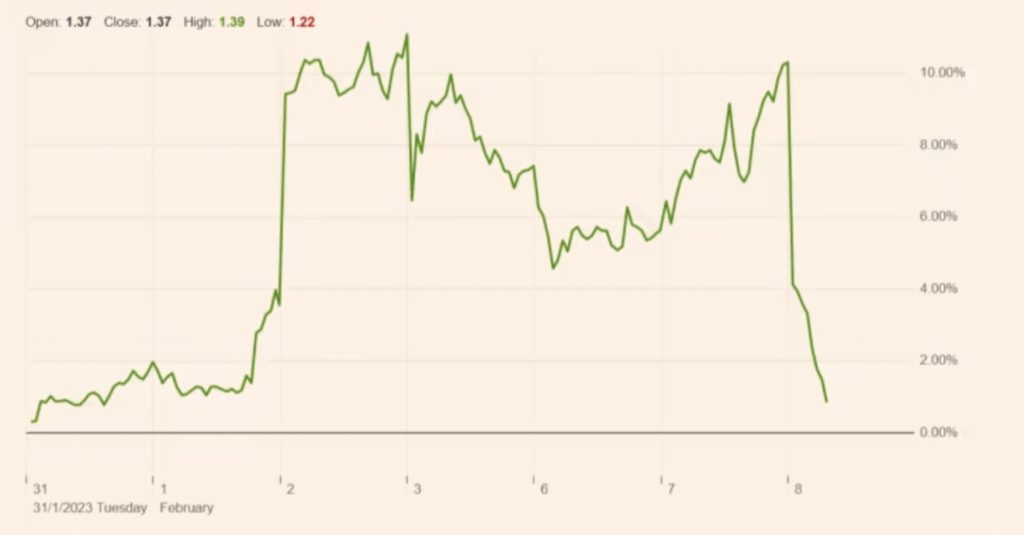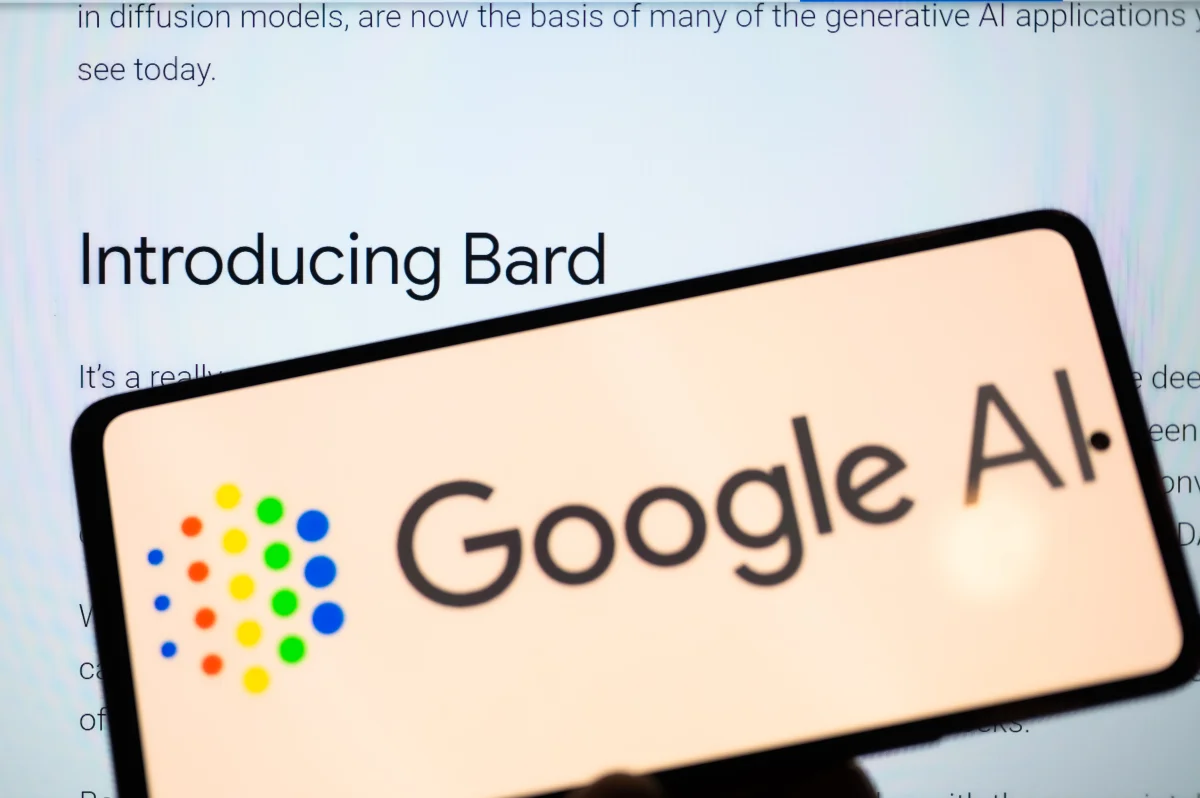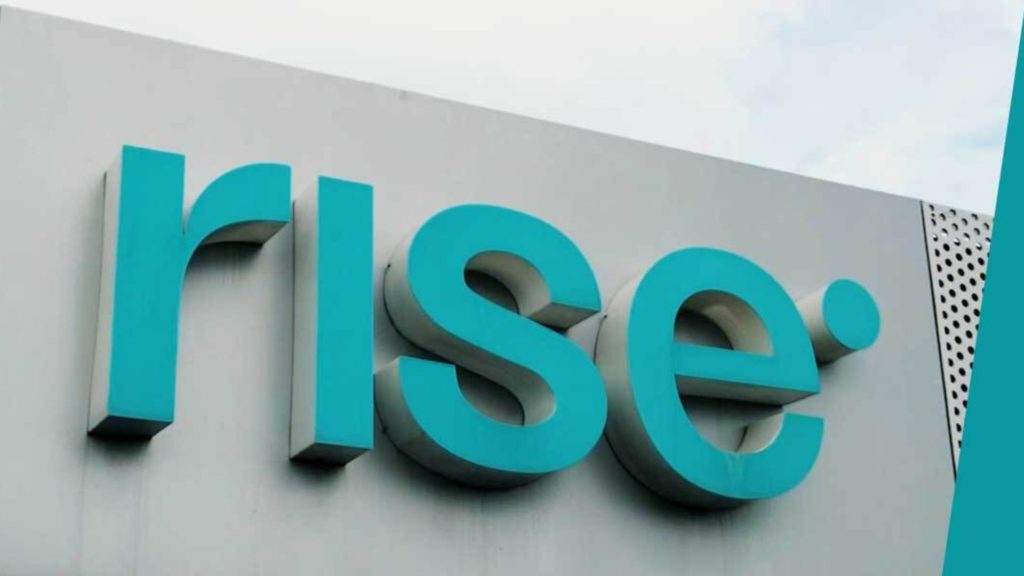As it turns out, Google’s Bard, the AI chatbot meant to rival OpenAI’s ChatGPT, is still pretty uhhm, bad, according to the stock market. A “mistake”, which might not have been a mistake after all, made by the tool, caused Alphabet’s stock, Google’s parent company, to plummet by as much as 9%, wiping away over $100 billion of its market value.

The alleged mistake? Well, in a promotional demo video posted on Google’s social media channels to demonstrate Bard’s capabilities, the chatbot is asked, “What new discoveries from the James Webb Space Telescope (JWST) can I tell my 9-year old about?”
With much confidence, Bard churns out a number of responses, including the fact that the JWST was used to take the very first pictures of a planet outside the Earth’s solar system, or exoplanets as they are known in science lingo.
This response is *technically* false because according to NASA, the first picture of an exoplanet was not taken by the JWST, but by the European Southern Observatory’s Very Large Telescope (VLT) in 2004.
But wait, it also turns out that Bard’s response might actually not have been *technically* incorrect too. The JWST did indeed take the first picture of one specific exoplanet called “LHS 475 b”. In an announcement made by the European Space Agency last month, the exoplanet was described as “almost exactly the same size as our own, clocking in at 99% of Earth’s diameter.”
It appears that although the JWST did not take the very first picture of an exoplanet, Bard’s response was based on the interpretation that the JWST did indeed take the first pictures of a specific exoplanet, the LHS 475 b.
So in this case, Alphabet might have lost 9% of its stock value over what could either be called a mere technicality, or the market’s inability to understand the context through which Bard understood the question and presented a response.
And herein lies one of the major issues which is going to be faced by builders of AI chatbots; computers, which mostly work by making decisions based on straightforward logic, suck at interpreting ambiguous scenarios, and because of this, context interpretation between them and their human users will often not align, leading to such unfortunate scenarios.
A day after Google announced Bard, Microsoft also announced new versions of their Bing search engine and Edge browser, in a move that could be interpreted as the company taking the AI-powered search battle to Google. May the best intelligence win!



















